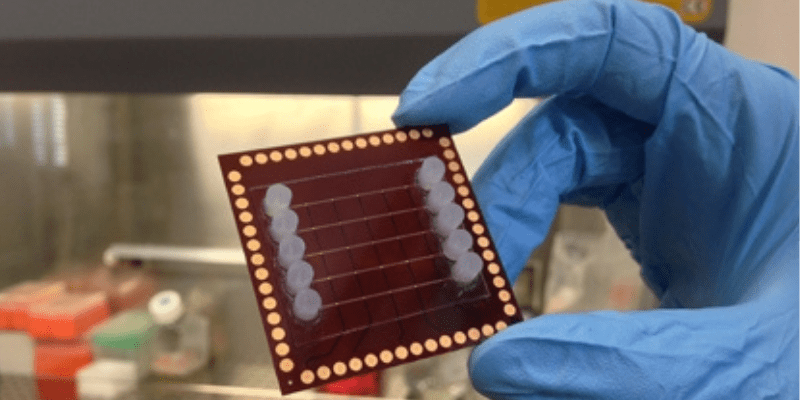The Italian medtech company is developing a Beta version of its novel oncology diagnostic platform. META funded the company.
Cellply receives €2.34m from SME Instrument program
Cellply is an Italian medtech company specialized in in-vitro diagnostic for oncology treatment. The company is also part of META Investment‘s INGENIUM Emilia Romagna II Fund. Recently, they have been selected among the winners of the prestigious Horizon 2020 – SME Instrument Phase 2 program, selected by the European Commission obtaining €2.3m funding for the Oncosmart project.
Notably, Cellply achieved this result after a highly competitive selection process. As a result, only 64 European companies received funds among 1280 applicants. As a result, the grant received by Cellply is the largest one among the 9 Italian companies funded in the last SME Instrument call. It is also one of the largest at EU level since the start of the SME instrument program in 2014.
«Cellply has a great opportunity to make a pivotal change in cancer care. We are very honored to receive this recognition that will accelerate the development of our platform and its clinical validation, by involving an important network of European oncology institutes» says Massimo Bocchi.
A great opportunity to make a pivotal change in cancer care
Ultimately, with this grant funding, they will industrialize the oncology diagnostic platform currently in Beta version. The aim is to expand clinical studies to hospitals and clinics in Europe. «We want to reach a larger number of patients. We are seeking for additional investment», says Dr. Bocchi. Moreover, it is important to realize that Cellply developed the first standardized and automated system able to predict patients’ response to more than 10 therapies tested in parallel in just 24 hours and with 95% accuracy.
Altogether, the results of these tests are independent from the genetic makeup of the patient or its tumor. Likewise, it evaluates the in-vitro ability of anticancer drugs to affect the activity of tumor cells and induce their death. Thus, this technology is able to evaluate anticancer drug combinations at different dosing schemes and future immunotherapies testing is planned.
More information
- What we do : Financing Entrepreneurialism ¦ INGENIUM Emilia Romagna Fund II

